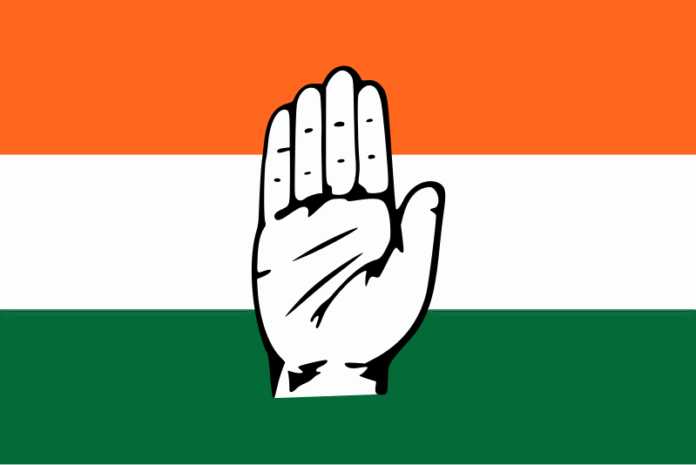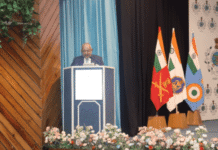The Andaman & Nicobar Territorial Congress Committee has brought to light a series of pressing issues affecting everyday life and educational prospects in the islands, highlighting the strain on basic civic infrastructure and exam scheduling that has left many island residents frustrated and underserved. From crippling power outages in rural panchayats to uncertainty over the Central Teacher Eligibility Test (CTET), the party’s campaign committee has urged both the Union Territory Administration and the Central Board of Secondary Education (CBSE) to take urgent, corrective measures.
In a formal memorandum submitted to the Chief Secretary of the Andaman & Nicobar Administration, the committee flagged serious governance failures in Kadamtala and Uttara Panchayats. The memorandum pointed to a prolonged power crisis in the region, caused by a non-functional diesel generator (DG) set that has yet to be replaced. With no alternative source of electricity, residents have been grappling with frequent outages that affect daily life, health services, and small businesses.
Alongside the power issue, the letter highlighted how weak digital connectivity continues to obstruct public service delivery in these areas. The BSNL network, which remains the backbone of communication in rural Andaman, is reportedly functioning poorly, especially in Kadamtala and Uttara. The disruption has directly affected the functioning of Common Service Centres and the online ration distribution system, two of the most relied-upon government mechanisms in rural governance.
The party’s memorandum also raised concerns about the deteriorating condition of the NH-4 road that runs through the region. The road’s poor maintenance has reportedly resulted in an increase in accidents and delays, impacting the safe and timely movement of goods and commuters. Residents who rely on the highway for access to health care, education, and markets are said to be bearing the brunt of the neglect.
Another area of concern is the financial stagnation of the local Panchayati Raj Institutions (PRIs). According to the campaign committee, development funds for Kadamtala and Uttara have not been released for several months, stalling not just new projects but also essential maintenance work. The situation has raised questions about decentralised governance and the autonomy of local bodies in planning and executing development agendas.
While the civic and infrastructure issues dominate concerns in the rural blocks, educational anxiety has also come to the fore with the continued delay in the CTET examination for the June-July 2025 session. In a separate letter addressed to the CBSE Chairman, the party has urged that the exam be rescheduled to September. According to the campaign committee, many teaching aspirants had already travelled to Sri Vijaya Puram, the only CTET exam centre in the islands, anticipating the test during the usual mid-year slot. However, the absence of any official schedule has left candidates in limbo, with many forced to return to their home islands after exhausting their limited resources.
The party warned that any sudden or late announcement of the exam date could unfairly disadvantage candidates from far-flung areas like Campbell Bay, Diglipur, and Car Nicobar. Unlike mainland aspirants, island-based candidates face multiple logistical hurdles including ferry delays, erratic flights, and weather disruptions, all of which require advance planning and resources.
The call for a September exam is aimed at giving these aspirants adequate time to make travel and study arrangements without being caught off guard. The campaign committee also flagged the ripple effect such exam delays can have on the island’s school system, which continues to grapple with teacher shortages and hiring delays, especially in government-run schools serving remote areas.
Together, the civic concerns and exam scheduling issues underscore the broader challenge of governance and inclusivity in the Andaman & Nicobar Islands, where geographic isolation often compounds administrative inefficiencies. The Congress party, through its campaign committee, has signaled its intent to keep pushing for equitable service delivery and transparent administration, particularly in the more neglected rural zones of the territory.
While the Administration and CBSE have not yet issued official responses to these representations, the issues raised strike a chord with larger public sentiment around development delays and regional disparities. With the growing political focus on grassroots issues, how these demands are addressed in the coming weeks may well shape future discourse around governance in the islands.





